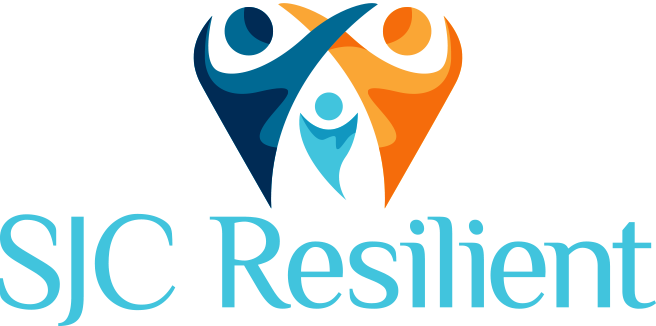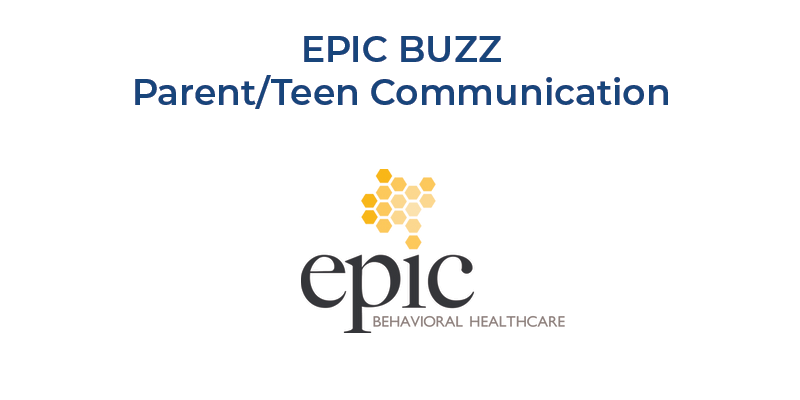Guide to Youth Substance Abuse – Understanding, Prevention & Support
understanding youth substance abuse
Youth substance abuse refers to the misuse of drugs or alcohol by individuals who are under the legal drinking age or engaging in illegal drug use. It is a serious public health issue that can have far-reaching consequences on physical and mental health, academic performance, relationships, and future opportunities.
risk factors
Several factors contribute to the risk of youth substance abuse, including:
Peer Pressure: Influence from friends or social circles to experiment with drugs or alcohol.
Mental Health Conditions: Conditions like anxiety, depression, or ADHD can increase vulnerability to substance abuse.
Family History: A family history of substance abuse can elevate the risk for young individuals.
Traumatic Experiences: Youth may turn to substances as a coping mechanism for trauma or stress.



